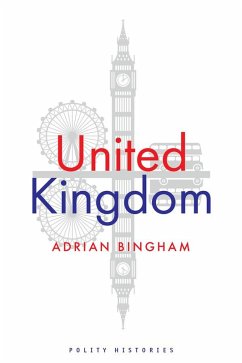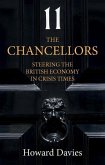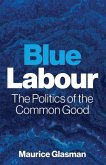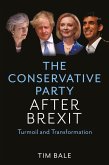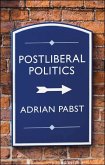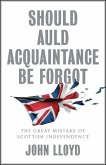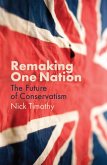The United Kingdom has been at the heart of global history for centuries - as a conqueror, an engine of international trade, and a symbol of modernity. It was the first industrial nation, the centre of the world's biggest empire, and the home of an enduring and influential parliamentary democracy. Since 1945, the UK has faced unprecedented challenges as it has come to terms with the loss of great power status, the surrender of its colonial territories, the decline of its staple industries, and growing pressures threatening to tear apart the union holding together England, Wales, Scotland, and Northern Ireland.
In this book, Adrian Bingham guides readers through the key developments in British post-war history to reveal how the nation was shaped by the legacies and lessons of the past. The UK has become a more diverse, pluralistic, and mobile society, but it remains one struggling to come to terms with its changed position in the world, and unable to reach consensus arounda vision for the future.
In this book, Adrian Bingham guides readers through the key developments in British post-war history to reveal how the nation was shaped by the legacies and lessons of the past. The UK has become a more diverse, pluralistic, and mobile society, but it remains one struggling to come to terms with its changed position in the world, and unable to reach consensus arounda vision for the future.
"A perfect way into the multi-layered history of the UK since 1945."
--Matthew Worley, University of Reading
"A thoughtful and invigorating reassessment of a crucial period of UK history. A thoroughly enjoyable read - highly recommended."
--Richard Toye, University of Exeter
"A valuable and wide-ranging study of the UK after 1945, showing how often the struggle to shape its future has been determined by arguments about its past."
--Robert Saunders, Queen Mary University of London
"A skillful analytical framework that will enrich further study."
--Morning Star
--Matthew Worley, University of Reading
"A thoughtful and invigorating reassessment of a crucial period of UK history. A thoroughly enjoyable read - highly recommended."
--Richard Toye, University of Exeter
"A valuable and wide-ranging study of the UK after 1945, showing how often the struggle to shape its future has been determined by arguments about its past."
--Robert Saunders, Queen Mary University of London
"A skillful analytical framework that will enrich further study."
--Morning Star

